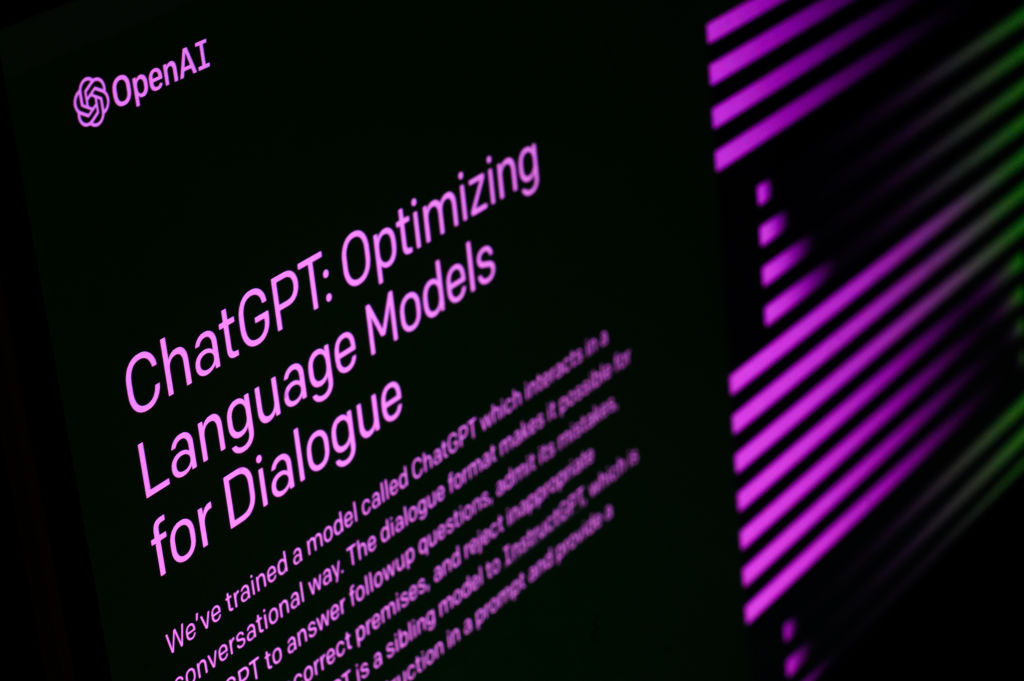The European Union’s Artificial Intelligence (AI) Act risks “harming” the continent’s budding AI sector due to its “unclear” nature, a prominent industry group has warned.
That comes after Member States agreed on a finalised text for the proposed law on February 2, with former sceptics such as France and Germany having U-turned on their opposition to the bill.
Senior officials from the European branch of the Computer & Communications Industry Association (CCIA), an NGO backed by Big Tech companies including Amazon, Google and X, insisted that while they were in favour of the regulation in principle, the “vague” nature of the text was potentially problematic.
Regarding the proposed legislation, CCIA Europe’s Senior Policy Manager Boniface de Champris warned: “Despite efforts to improve the final text … many of the new AI rules remain unclear and could slow down the development and roll-out of innovative AI applications in Europe.”
He added that Brussels must “ensure” that its enforcement of the regulation, when it becomes law, is both clear and consistent so as to not hamper AI development on the continent.
“The Act’s proper implementation will therefore be crucial to ensuring that AI rules do not overburden companies in their quest to innovate and compete in a thriving, highly dynamic market,” he said.
“CCIA Europe stands ready to support the European institutions, regulators, and the EU’s newly founded AI Office in achieving these objectives and implementing rules that make sense and empower Europe to succeed.”
Plans to regulate Artificial Intelligence across the European Union are “not a good idea”, French President @EmmanuelMacron has said. https://t.co/19RqkjYZBI
— Brussels Signal (@brusselssignal) December 12, 2023
The industry group’s warning is just one of the latest regarding Brussels’ attempts to regulate AI.
Opponents of the AI Act have previously warned that the EU’s desire to see artificial intelligence heavily regulated would hamstring the bloc in competing with China and the US, both of which are already home to more advanced AI sectors than Europe.
Efforts to control so-called “foundation models” – examples of which include Open AI’s DALL-E and GPT-4 – have proved particularly controversial. Many EU players warn that curtailing the development of such systems will put the bloc at a distinct disadvantage internationally.
Among the bill’s most vehement critics have been the French and German governments, with French President Emmanuel Macron coming out publicly last year to state the AI bill was “not a good idea”.
Such opposition appears to have melted away in the past few days, with insiders claiming that Eurocrats were able to force both governments to agree to the proposed regulations with a mix of minor concessions and some back-room browbeating.
The European Parliament will now need to formally approve the bill at a plenary session in April.
If passed, the first legislative restrictions will come into force six months after the AI Act’s formal adoption.
German Chancellor Olaf Scholz called on Sunday for the European Union to complete its creation of a banking and capital markets union, so the bloc can compete with the U.S. and China for new technologies. https://t.co/xRcthCckfU
— Brussels Signal (@brusselssignal) January 29, 2024





